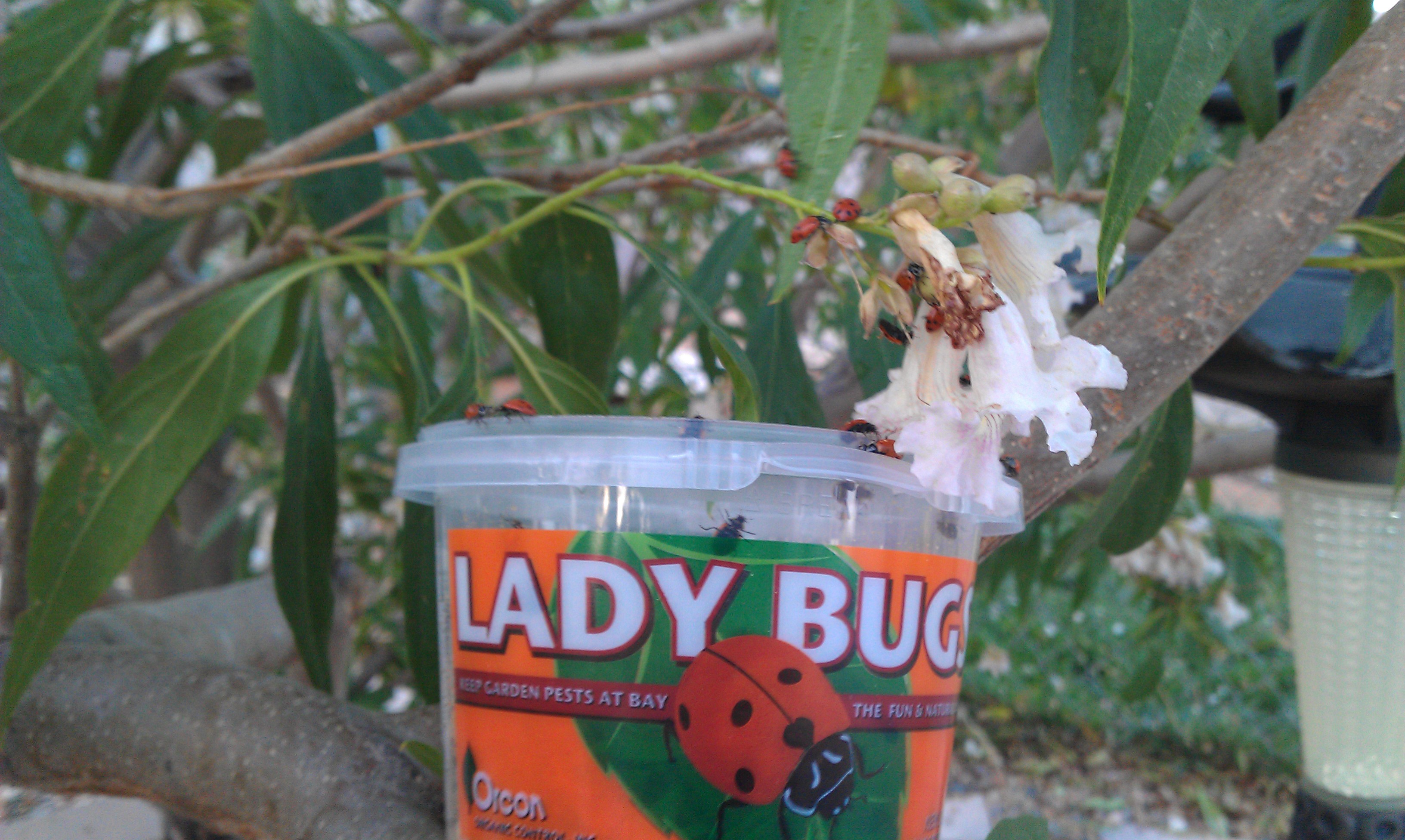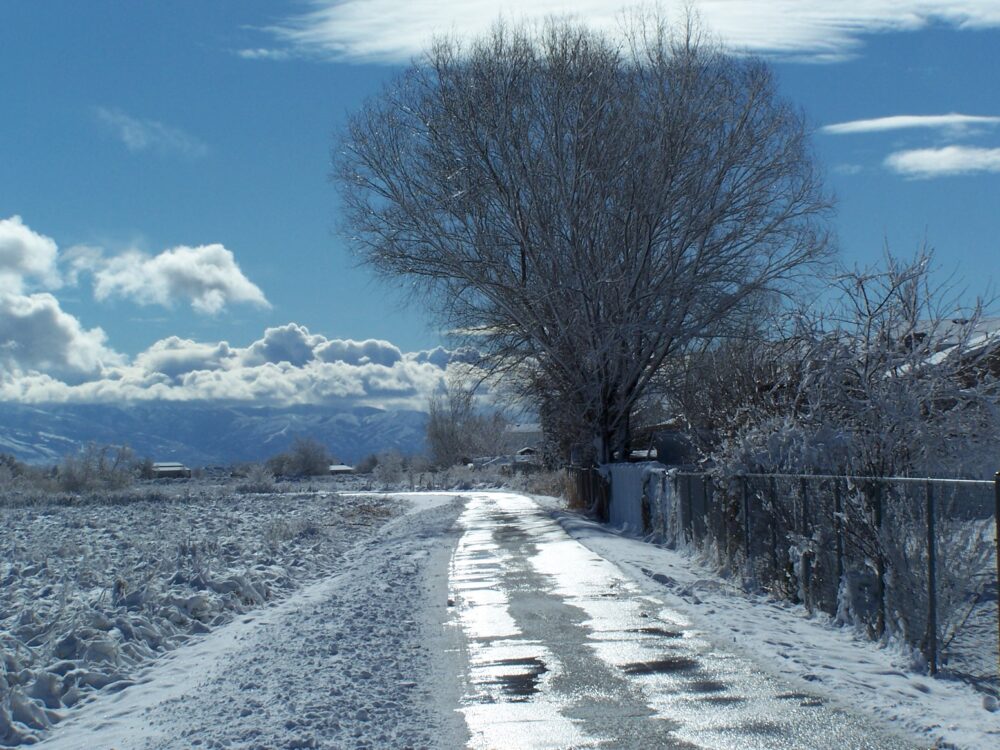Greetings,
Young Living Essential Oils resonate with me; they are the oils I use for home and garden. #3064574
The Creature Adventures Continue…
Helping Utah’s Native Bees
With more than ten years experience in the horticulture industry, courses, and much study on my own, as well as many conversations with people about gardening, I have heard much valuable information through the years. It is important to start making safe and organic a priority. These are some ideas for environmentally responsible garden alternatives to harsh methods or toxic chemicals. It’s so nice to see that there is a growing number of safe, and environmentally responsible gardening products! There are corn-based pre-emergents, safe insect prevention, safer fungicides and disease treatment, etc. There are increasing ways of avoiding the hideous chemicals and choosing safer methods and products.
Below is a pre-emergent. Remember that it is best to use pre-emergents in the late winter, early spring just as the Forsythias blossom here in the north, and the Dogwoods, in the south. If used properly, and at the right time, corn-based pre-emergents work well in gardening. The author of the book in the link below doesn’t just love them, as they are still expensive and have to be used at just the right time. Personally, I liked the results that I got in my small flower bed when used a few years ago. These are available at Home Depot, Lowe’s and most nurseries.
Or here:
Corn gluten pre-emergents
Combine with this educational site, books, blog and video to effectively maintain a safe, organic lawn without the harsh chemicals. So far it sounds right on!
Books, tips, discussion, video, links on safer, organic, lawncare
Aphids are a common pest on a variety of landscape and edible plants. They seem particularly fond of Rose family plants such as cherry, plum, apricot, peach, etc.
Lady bugs are a natural predator of aphids and are part of the natural balance of the ecosystem.

Recently, I had the pleasure of working with someone who knew gardening better than anyone I have ever known. Because she kept it to herself, was low key and humble about her tricks, one wouldn’t know until they asked for her advice. I asked her once about her thoughts on ladybugs. She proceeded to tell me about how her tree experienced a severe infestation of aphids. She was troubled by the attack on her tree, but decided that she would give it some time for nature to take it’s course, rather than using toxins that are so dangerous to the delicate balance of so many ecosystems.
After only a few days, to her astonishment, her tree that had been covered with aphids, were no longer alone! There were hundreds of Ladybugs all over her tree, munching on the aphids. Her tree survived the massive aphid attack and is alive to this day.
Her point is that patience is key. Allow nature time to take it’s course. It pays off.
Remember that toxic garden chemicals are available just about everywhere, and are toxic to more than target species. They affect entire ecosystems. If a toxin is labeled herbicide, that simply does not mean that it is not harmful to beneficial insects such as bees and butterflies. These insects are precious pollinators that affect the food supply world wide and if they die off, we are in big trouble. Likewise, toxic insecticides remain in the environment and there is a chain reaction throughout the ecosystem.
Here are some gardening websites I recommend: http://www.rareseeds.com/
http://turboganic.com/
Read my bee article from September 2013 here:
http://wellnessdiaries.com/?p=510
The goal here is to encourage people to turn toward organic, eco-friendly, safe gardening methods that work! An organic apple is far more nutrient dense, more healthy and healthful for the person who eats it, than the apple that is picture perfect, but filled with synthetic chemicals (toxins.)
The pace of nature is moderate, consistent and is one of harmony and balance. It is one of a gentle, consistent flow. It is we people who want and expect instant results regardless of the cost, and when toxic chemicals and the environment are concerned, this is not okay.
Ladybugs are available through many mail order garden specialty catalogs and through an increasing amount of nurseries and retailers. Ladybugs can fly and travel around. Don’t be alarmed if they fly to another tree at first. Be patient. Nature will take it’s course and restore balance.
Please do not use toxic chemicals on your garden or yard. There are a variety of alternatives available that are very effective, for virtually every garden issue. I will give you some here on this page. Check back regularly.
Try it! Buy some lady bugs. Be patient! Let nature take it’s course.
Thank you.
Owen
Tip #2
My co-worker just told me about these remedies. She also has over ten years experience in the horticulture industry and several college courses.
Weeds is a dreaded word. As a plant guy who fully knows that all plants have a purpose, I only partially understand the weed phobia. Sure, weeds don’t blend well with all landscapes and even more credit, they can aggressively take away water and nutrients from desired plants. Personally, I prefer to pull weeds, far better yet, prevent them any day than use a spray, even an eco-friendly one. In fairness though, sure, we people have busy lives and there is vanishing time to do this.
That is why my co-worker and I are sharing with you this formula for a systemic, non-selective, eco-friendly Weed-B-Gon. Unlike commercially available herbicides that are hideously toxic all the way up and down the food chain, this homemade herbicide is safe up and down the food chain.
It is non-toxic to beneficial, insects such as bees and butterflies. It is safe up and down the food chain. So please try it.
It is concentrated and will eliminate any weed that the liquid touches, so be very careful around your desired plants.
Recipe for Homemade, Eco-friendly Weed-B-Gon
1 Gallon vinegar
2 C. Epsom salts
1/4 c. Original blue Dawn dish soap. (It must be the original, blue Dawn brand.)
Mix and spray in the morning after dew has evaporated.
Good luck!
Thank you for your consideration for the environment and the bees.
Tip #3
Irish Spring soap, safely and humanely repels deer in a garden. Simply use a fine cheese grater to apply to plants that deer have munched on.
Tip #4
Cinnamon safely and humanely repels ants.
